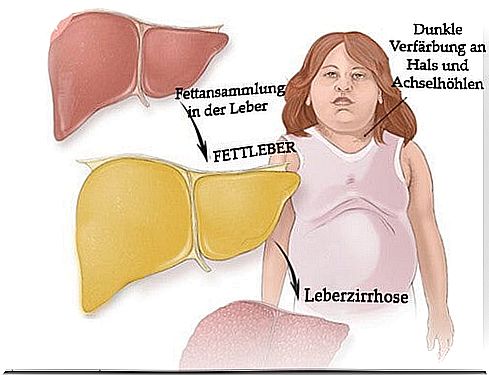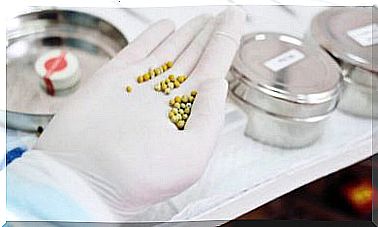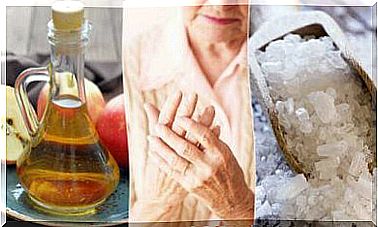Fatty Liver – Recognize Symptoms
With the right measures, the excess fat can be removed from the liver.

An unhealthy lifestyle, obesity or an improper diet are undoubtedly among the risk factors for the dreaded fatty liver. Experts report that it is one of the most common diseases, luckily it can be treated and cured.
With the right measures, the excess fat can be removed from the liver.
You can learn more about this ailment in this post. The faster you recognize the symptoms, the easier the treatment is. You should definitely have a medical examination carried out if you have any complaints. Your health comes first!
1. What is fatty liver? What are the causes?
The technical term for fatty liver is steatosis hepatis. This is a mostly reversible storage of fat in the liver. However, if the symptoms are not treated properly, serious long-term health problems can result.
When fatty acids and triglycerides build up in the liver, this vital organ becomes diseased. As a result, the metabolic and cleansing functions can no longer be carried out efficiently.
When there is excess fat in the liver, there are also minor injuries that need to be repaired. This creates scars and small, permanent damage, also known as cirrhosis. This must be taken into account in any case.
Doctors point out that, in general, all of us have fatty liver. However, if the fat exceeds 10%, it is called steatosis hepatis and this is also noticeable in the blood.
This contains an excess of harmful elements which the liver could not process properly. The symptoms are of course also noticeable in the liver through inflammation, malaise, etc.
How does fatty liver develop?
Many people associate fatty liver with alcohol problems and unhealthy lifestyle habits. But that doesn’t always have to be the cause. There are other factors that can lead to fatty liver and should also be considered:
- Overweight and obesity
- Inherited metabolic problems
- From the age of 50 onwards, the risk of fatty liver disease is increased due to poor eating habits over a long period of time.
- Continuous use of certain medications can also encourage the accumulation of fat in the liver. An example of this are anti-inflammatory and pain relieving drugs, aspirin as well as tamoxifen and steroids.
- The triglyceride levels should also be checked. High cholesterol levels can also promote the accumulation of fat in the liver in the long term.
- Type 2 diabetes can also cause fatty liver to develop.
What are the symptoms?

There are numerous symptoms that indicate fatty liver disease, but they can also be confused with other ailments. However, if you suffer from any of the following conditions for several weeks, you should definitely see a doctor.
Symptoms can get worse and go so far that you can no longer lead a normal life, eat normally or go about your daily activities.
fatigue
A sick or overly fatty liver usually causes great tiredness. This is particularly noticeable in the morning: Even getting up is difficult, you have no strength to start the day. Exhaustion is particularly evident after meals.
malaise
In the case of excess fat, the liver becomes inflamed and enlarged. This leads to abdominal pain and a typical pain under the ribs that radiates down to the back. It is a pressure that is often felt in burning pain (like a hot plate).
Loss of appetite
In addition to general malaise, there is usually also a loss of appetite. Heavy or aching digestions ultimately lead to weight loss that is conspicuous and dangerous.
Risk of cirrhosis
As already mentioned, fatty liver injuries and scarring occur, which can lead to cirrhosis. If this is not treated, jaundice (jaundice) can occur as a result – this is noticeable in the yellowish discoloration of the skin and eyes.
Another symptom that should not be ignored is swelling in the feet, legs, face … The cause is that the liver cannot properly synthesize proteins. This leads to a deficit, which is noticeable through the accumulation of fluid.

The accumulation of fat in the liver is a health risk that must be treated appropriately to avoid more serious complications. See a doctor as soon as possible if you have symptoms that might indicate this condition .









